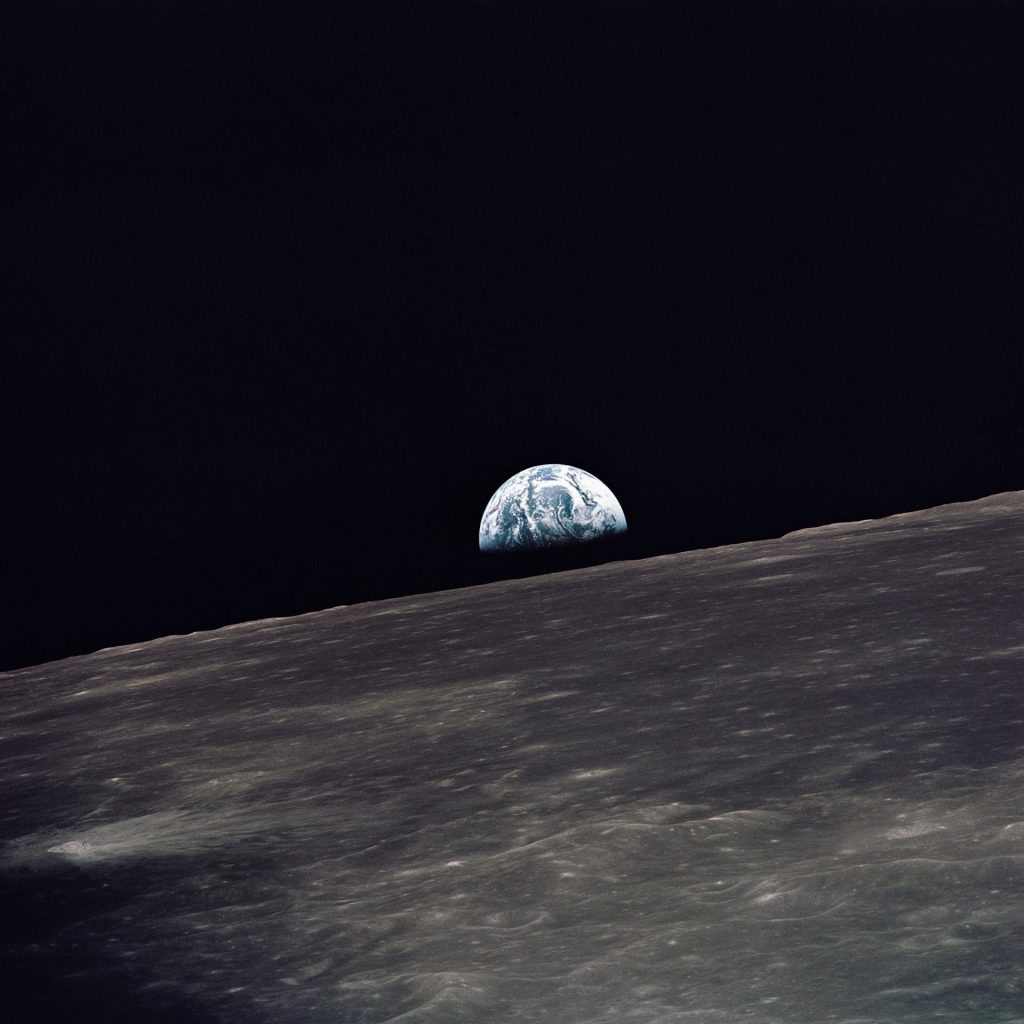Space systems have been slow to adopt artificial intelligence, for good reason: the expense and challenge associated with space missions demands only the most well understood and reliable technologies be used. However, as human space flight leaves Earth’s orbit for the moon and Mars, and robots explore the outer solar system, the need for AI becomes acute. Autonomy in space is driven by various factors, including communication latency and the increasingly complex and distributed nature of space systems. Consequently, the assurance of AI is an existential challenge for the future of space exploration. This inspires organizations across Johns Hopkins to work together to build world-class assured space autonomy programs.
The focus on assured AI for space is part of a larger investment to build space engineering capabilities at Johns Hopkins. In this new era of space exploration, the space enterprise will move manufacturing and resource extraction off planet—the space enterprise will no longer be able to completely depend on materials lifted out of Earth’s gravity well. New ventures will require air, water, building materials, and propulsion, but where will the technologies needed for these new enterprises be created and who will train the next generation of engineers to take on these challenges?
The Johns Hopkins Institute for Assured Autonomy, the Department of Mechanical Engineering, and the APL Space Exploration Sector have joined forces to create an exciting new faculty position focused on the assurance of autonomy for space systems. The tenure and tenure-track position will include an appointment at the Johns Hopkins Applied Physics Laboratory, providing an opportunity to work directly with APL researchers and engineers on space missions The ideal candidate will be innovative, collaborative, and study autonomous space systems. This IAA candidate will join faculty in the Mechanical Engineering Department who conduct research in robotics and human-machine interaction, micro- and nano-scale engineered devices and materials, energy and the environment, aerospace and marine systems, and biology and medicine.”
APL has played an important role in the expanding exploration of the moon, Mars, and the outer solar system, including icy moons. The Space Exploration Sector has led and contributed to several trailblazing activities that advance space exploration, including the Parker Solar Probe in 2018 and the Double Asteroid Redirection Test mission in 2021. Upcoming APL initiatives include further exploration of the moon and the Dragonfly mission, which will autonomously land and fly a helicopter across the surface of Titan, Saturn’s largest moon.
IAA is eager to hire talented individuals to build and lead in the area of assured autonomy. The Institute bridges the Whiting School of Engineering and APL. Candidates for this position must fulfill the requirements for employment at APL.
Additional information about the position is available here.
Photo credit: NASA.
